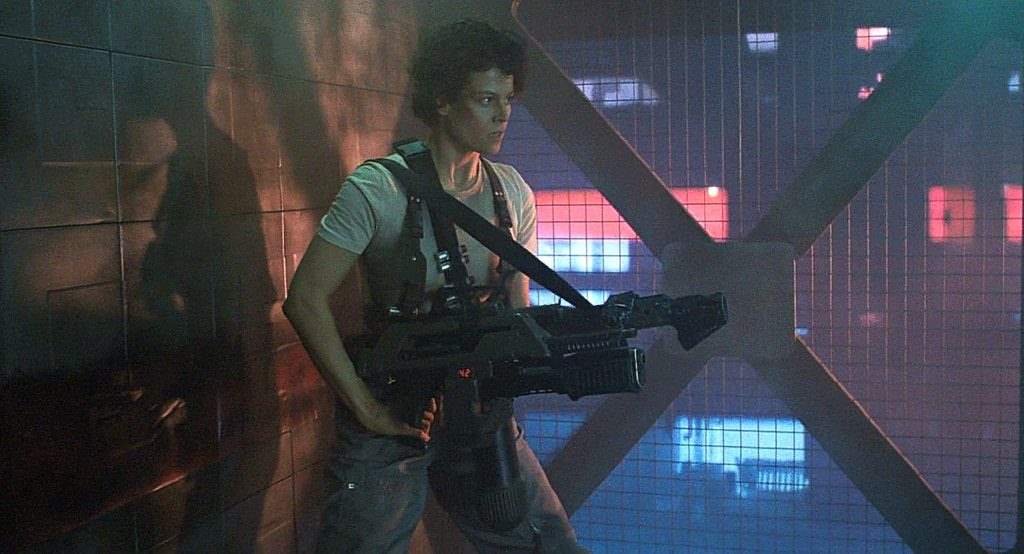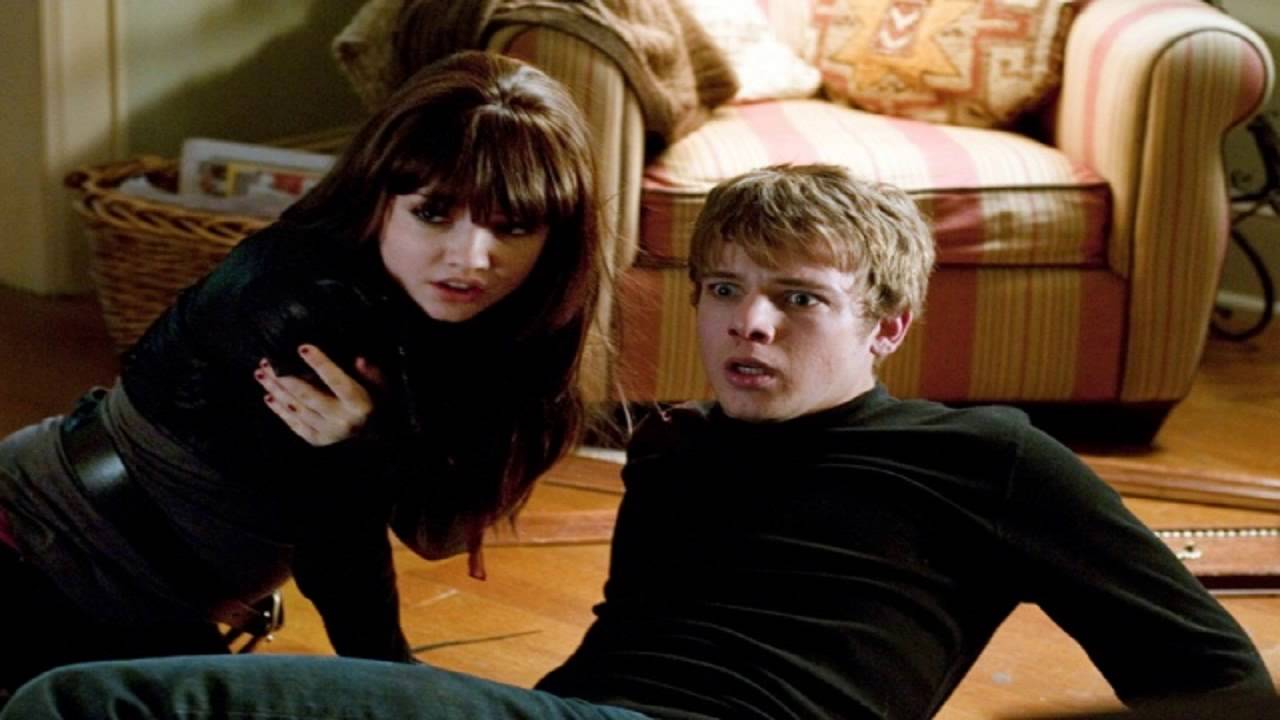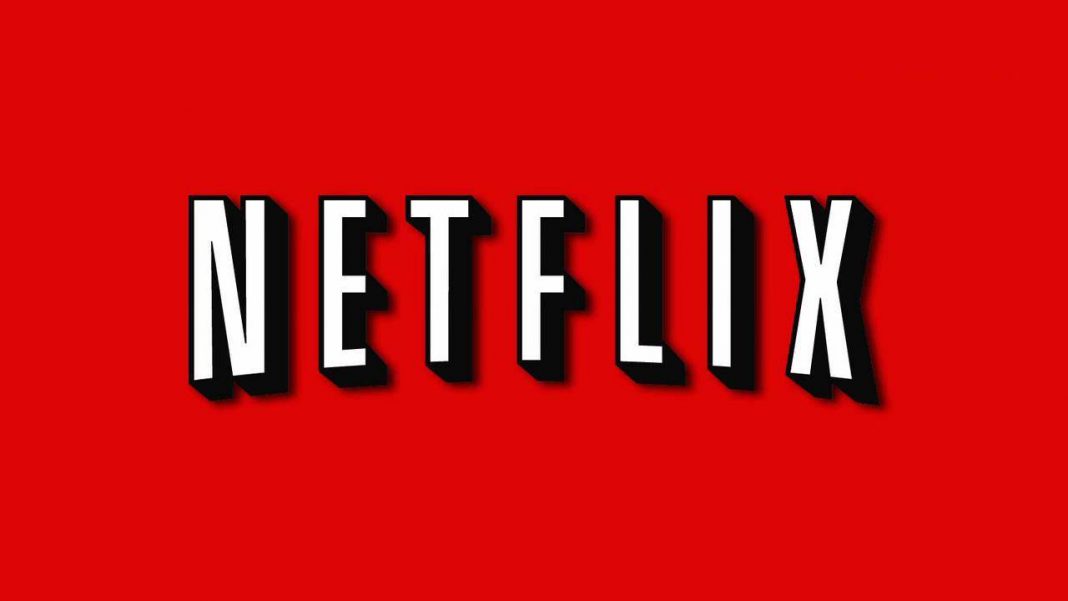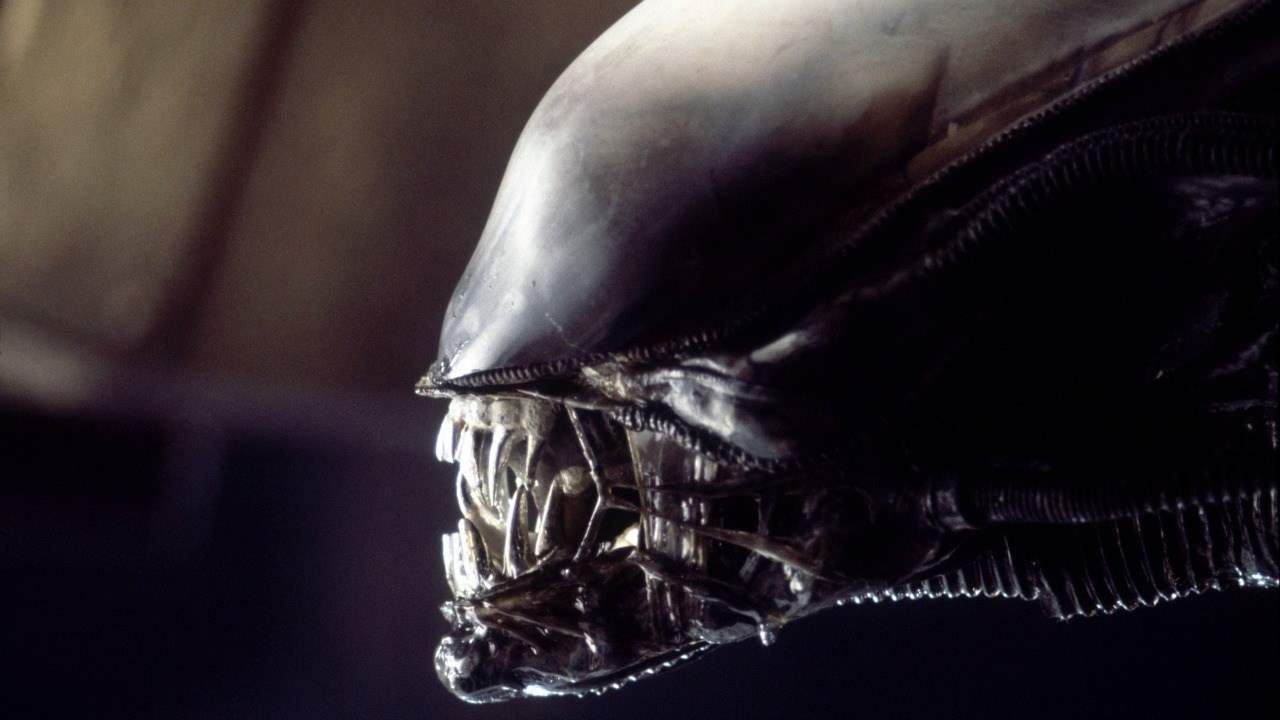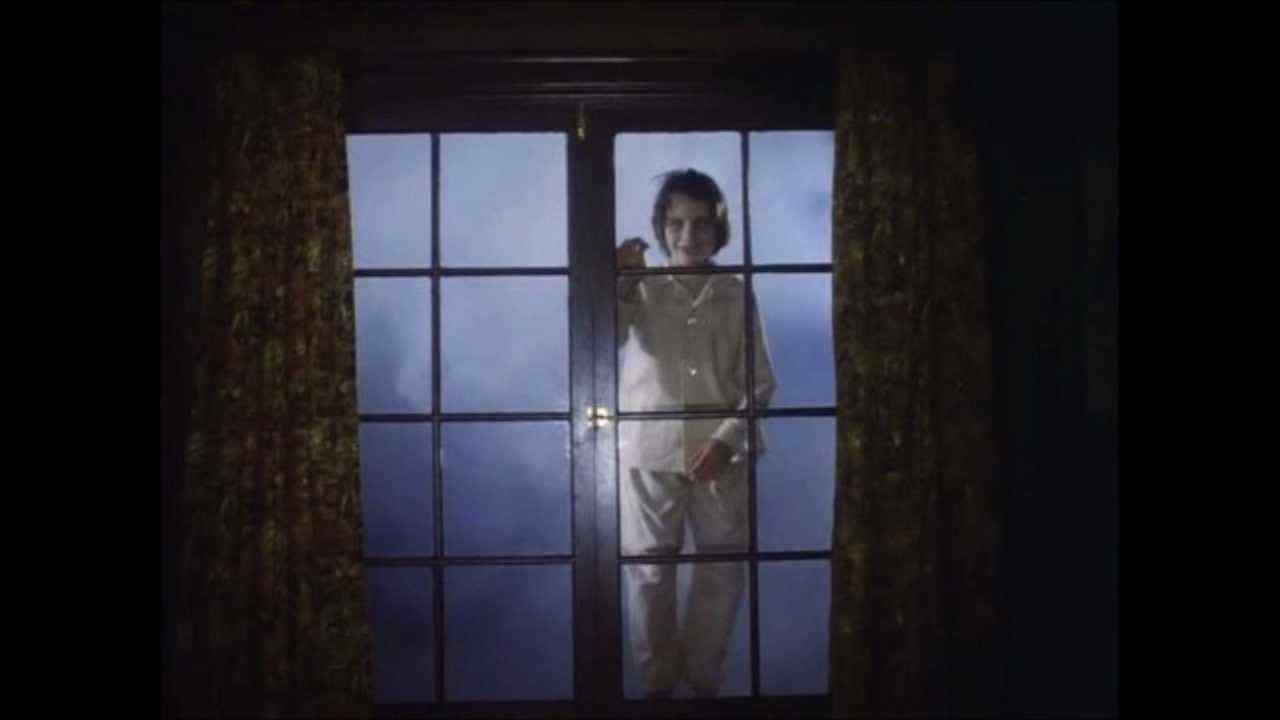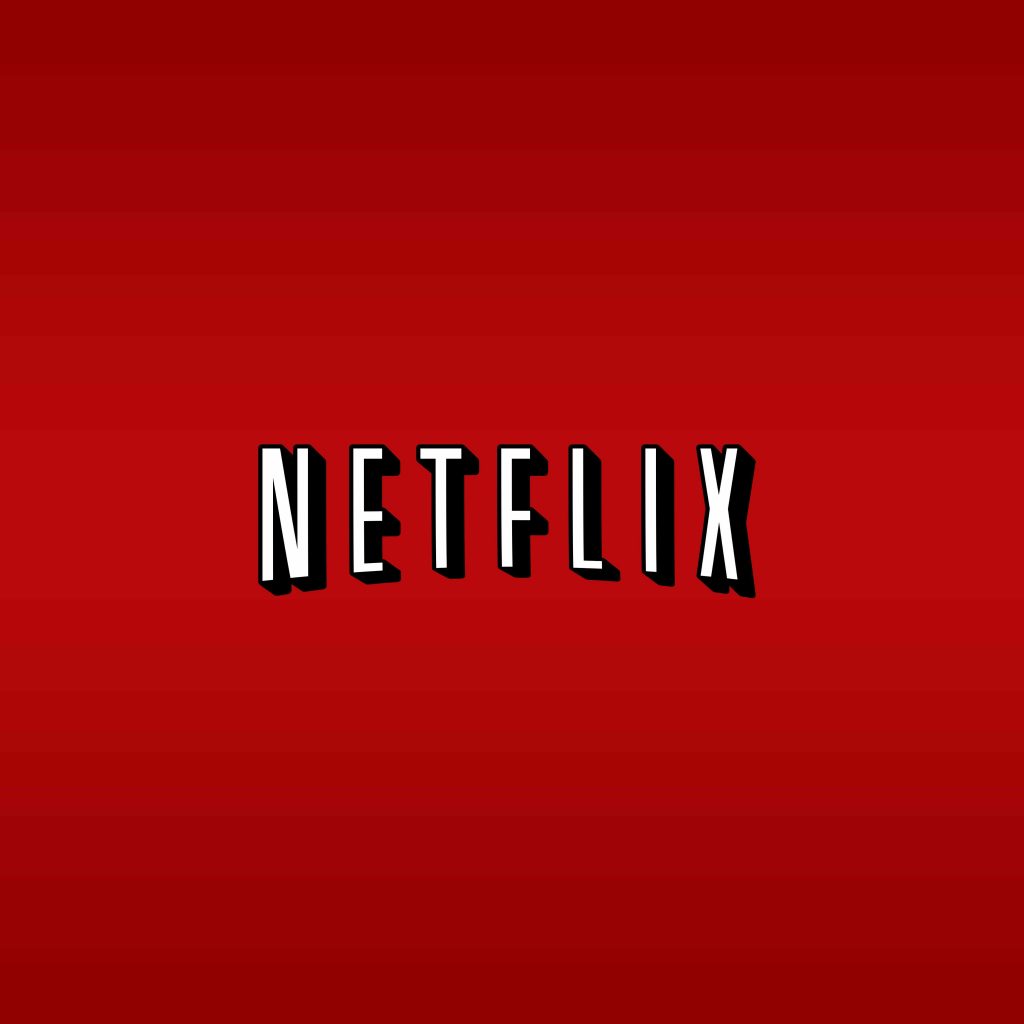Aliens is a classic. Whether you consider it part of the horror, science fiction, or action genre, that fact is pretty much undisputed. To this day, fans continue to debate as to whether or not the first or second film in this franchise is better. It’s a debate that will wage forever because one of the keys to the success of Aliens is the fact that it is so different than the first. It’s universally considered to be one of the greatest (if not the greatest) sequels of all time.
This is not a reputation it came by overnight. It earned this. Aliens is action-horror at its absolute best and that is almost impossibly difficult to pull off. It works because James Cameron, simply as a fan of Alien, wanted to see that world and those characters continue, so he hatched his own idea for it. It wasn’t simply made because the first made money; this was a truly creative endeavor.
Whenever you hear of an ambitious sequel, Aliens is usually what the filmmakers cite as an example of what they’re trying to do. It’s become a template, not only for sequels, but for everything that combines action and horror together. So why, then, does Aliens work when so many others fall flat? What is it about Aliens that gets lost in translation, that these other movies just aren’t getting?
Did You Know? Wicked Horror TV Has Classic and Independent Horror Films Available to Stream for Free!
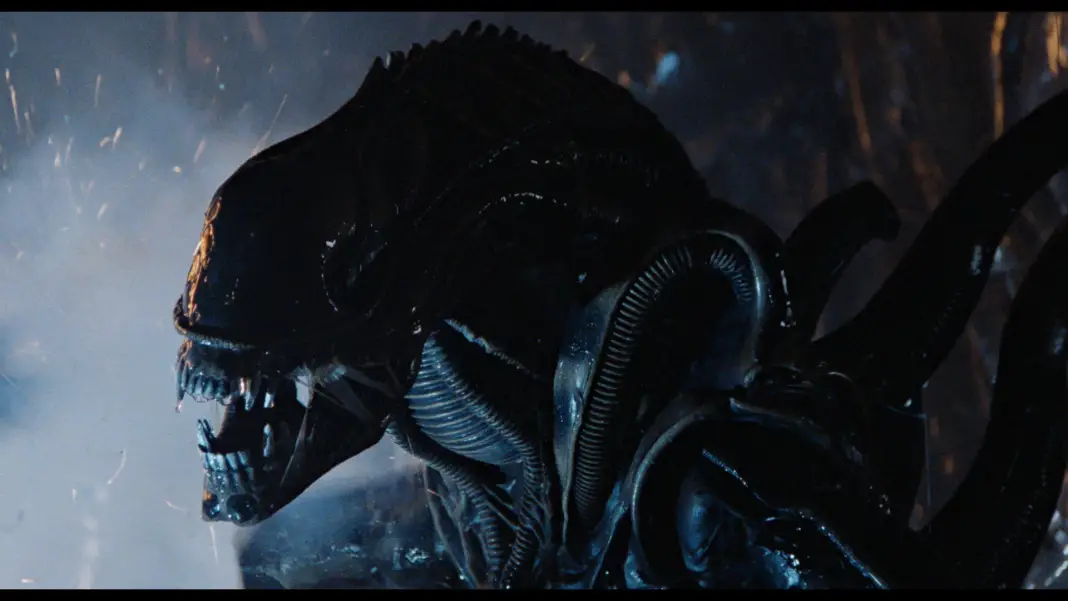 It’s not an easy thing to answer, but I think by and large, it comes down to the characters and the story. Aliens is not simply a mishmash of set pieces. We start off with Ripley, sole survivor of the previous film, being picked up and shortly discovering that she’s been drifting out in space for fifty-seven years. The theatrical version of Aliens plays into Ripley’s isolation, not only in the fact that she’s time displaced, but the director’s cut takes it much further by revealing that Ripley was supposed to be home for her daughter’s birthday and now her daughter has died of old age.
It’s not an easy thing to answer, but I think by and large, it comes down to the characters and the story. Aliens is not simply a mishmash of set pieces. We start off with Ripley, sole survivor of the previous film, being picked up and shortly discovering that she’s been drifting out in space for fifty-seven years. The theatrical version of Aliens plays into Ripley’s isolation, not only in the fact that she’s time displaced, but the director’s cut takes it much further by revealing that Ripley was supposed to be home for her daughter’s birthday and now her daughter has died of old age.
The extended version of Aliens is, by and large, an allegory for motherhood. In Newt, Ripley sees not only a surrogate daughter, but a child she can actually save and one that won’t simply be claimed by circumstances beyond her control. It gives a meaning to how hard Ripley fights to save Newt and also creates a parallel in the aliens themselves, given that the sequel reveals that the Xenomorphs run on a system very similar to ants. They are drones, warriors, workers, all serving a single queen mother.
Of course, wrapped around Ripley, you have an excellent supporting cast. Hicks, Vasquez, Hudson, the colonial marines are not just your average tough guys, but surprisingly layered characters, each with their own individual personalities—something that is important when they’re all wearing the same uniform. In addition to the marines, you have Lance Henriksen, in one of his best roles, as the android Bishop.
Aliens spends a good chunk of time with the marines before they hit the colony, which is something that has definitely been lost in translation in so many films that have come along since. We spend a while building them up, hearing what badasses they are, hearing them talk about what badasses they are. All of this is crucial to set up the horror. The bravado between the marines is no accident. When the horror starts, it’s that much scarier because these are the toughest people in the galaxy and they’re getting picked off left and right.
Alien was scary because none of these people were prepared for any kind of threat. None of them knew what they were dealing with. The marines are briefed on everything related to the Xenomorphs and are incredibly prepared to deal with the threat. They’re the last batch of people you would think of as victims and yet most of them die within minutes of that first encounter.
That’s what is so lost when it comes to the action-horror movies we’ve seen since. Even the ones that have their fans. Even pictures like Underworld or Resident Evil. You get much more of an action experience with these franchises than horror because that sense of dread just isn’t there. The situations are larger-than-life, often intentionally. Even though Aliens is set in deep space, the threat feels real. There’s a legitimate sense of danger surrounding the characters. Ripley is tough, absolutely, but still just a woman who happens to be very determined. Selene in Underworld and Alice in Resident Evil don’t carry that level of suspense with them because they’re basically superheroes. The threats don’t feel like anything they can’t handle. Whereas the very hook of Aliens is the fact that we’ve seen the damage one of these things can wreak, what happens when we encounter a hive of them?
This isn’t to say that there aren’t good entries in the Underworld or Resident Evil series and similar franchises, just that even the good ones don’t achieve that balance. They’re action movies with horror monsters, but they’re not action-horror. And the bad ones like Doom, Alone in the Dark, or Van Helsing just come down to flat stories and flat characters. We can’t get scared for people we’re not interested in. In Aliens we are absolutely invested in those characters from beginning to end. When they get in over their heads, it’s suspenseful. When these tough space marines are terrified, that makes it terrifying. It shouldn’t seem like it’s that simple when so many features have completely failed in their attempt to do the same. But everything comes down to story, characters, and execution. The next great action-horror film, if and when it comes along, will be great because of its story, but it won’t get there by trying to be Aliens and that is the lesson Hollywood needs to learn.
